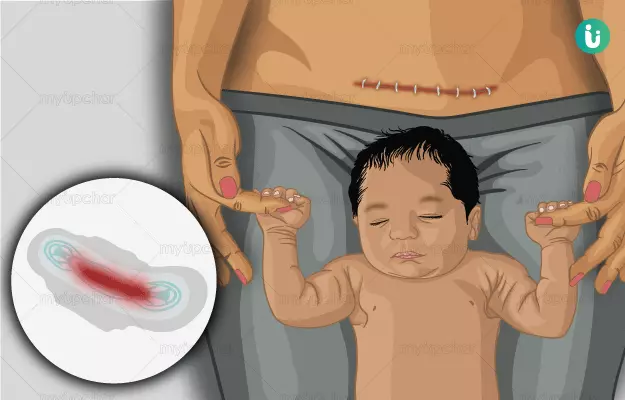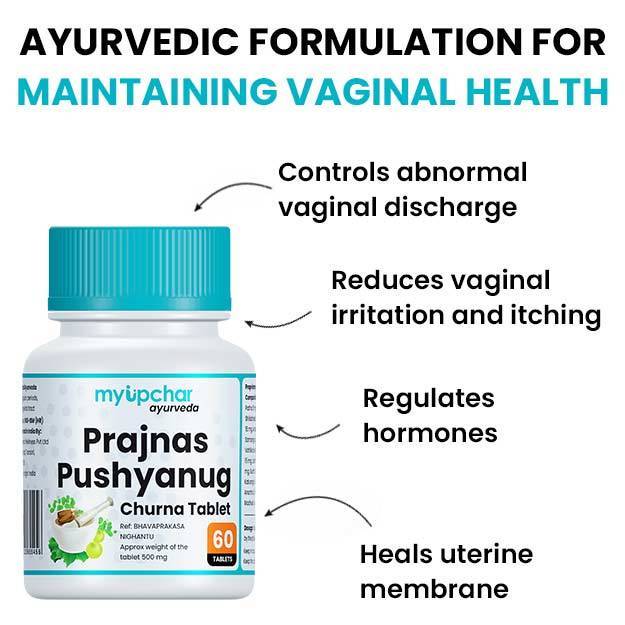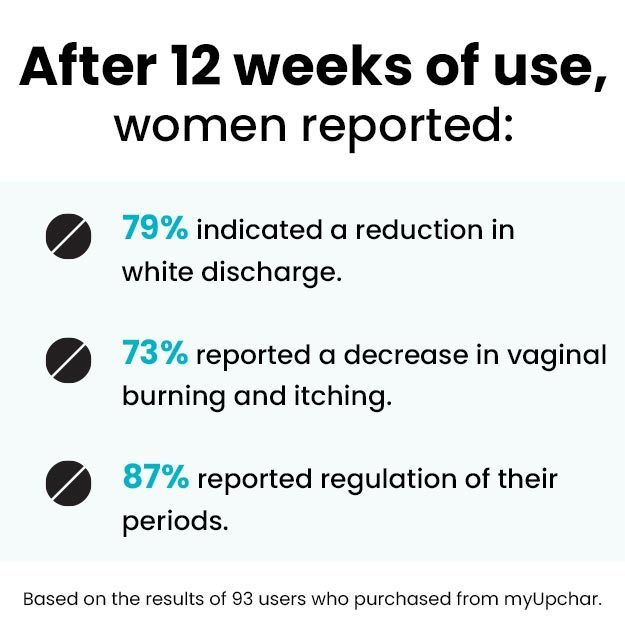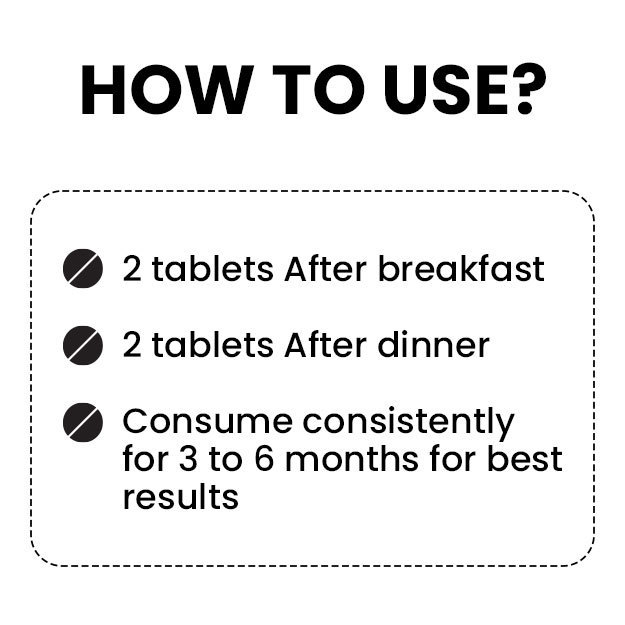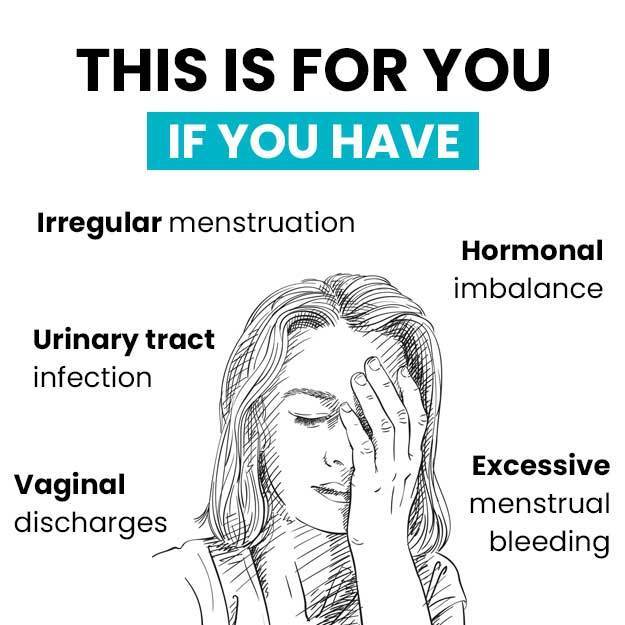Cesarean delivery is a process in which the child is born through surgery. In this process, the child is born by making an incision in the lower part of the mother's abdomen and uterus. Today, due to technological development in the medical world, even though this process has become safe, it can still pose a risk to the pregnant woman. After cesarean delivery, many changes occur in the woman's body. At this time, the hormones produced in the body during pregnancy return to normal and the process of healing the wound in the woman's body begins. After cesarean delivery, many women are also worried about menstruation. Keeping this problem in mind, you are being told in detail about menstruation after cesarean delivery. Also, this article tells when periods start after cesarean, what changes occur in them and which factors can affect menstruation after cesarean delivery.
(Read more - When do periods start after pregnancy)
- Do Periods Come Late After Cesarean Delivery?
- When Do Periods Start After Cesarean Delivery?
- Reasons For Absence Of Periods After Cesarean Delivery
- What Are The Changes In Periods After Cesarean Delivery?
- How Do Periods Occur After Cesarean Delivery?
- Problem Of Irregular Periods After Cesarean Delivery
- When To See A Doctor?
- Summary
Do Periods Come Late After Cesarean Delivery?
Can menstruation be delayed after cesarean delivery? This question is in the mind of many pregnant women. Let us tell you that cesarean delivery does not cause delay in your menstruation. However, it may have a slight effect on the normal nature of periods. Menstruation after cesarean delivery depends on your hormones, health condition and breastfeeding habits. Also, the first period after cesarean delivery may be slightly different from your normal periods.
(Read more - Why Bleeding After Delivery Happens)
When Do Periods Start After Cesarean Delivery?
The first menstruation after cesarean delivery depends on the condition of your body hormones. After delivery, the levels of HCG, estrogen and progesterone hormones decrease. Breastfeeding is also an important factor that determines when your periods will start after cesarean delivery. The following breastfeeding conditions affect your periods after cesarean delivery.
- If you breastfeed -
Breastfeeding after cesarean delivery affects your periods. This happens because the level of a woman's body hormones is affected during breastfeeding. While breastfeeding, the level of a hormone called prolactin (prolactin: a type of hormone that helps in the production of milk in women's body) increases in women's body, which causes a delay in women's ovulation period. In this condition, it may take up to six months for menstruation to start. In some cases, women may also have the problem of irregular menstruation during breastfeeding. If your habit of breastfeeding is not regular, then in this situation you may get menstruation early.
(Read more -After abortion when periods come?)
- If you do not breastfeed -
If you do not breastfeed, the level of prolactin hormone decreases, due to which periods start early. In some cases, your first menstruation may occur six weeks after cesarean delivery. In case of not breastfeeding, if you do not have menstruation even after three months, then you should talk to your doctor about this.
(Read more - Is Normal Delivery Possible After a C-Section?)
Reasons For Absence Of Periods After Cesarean Delivery
The factors affecting menstruation after cesarean delivery are as follows-
- Stress
- Not being able to rest completely
- Weight problems
- Existing health condition
- Other physical problem
(Read more - Postnatal Diet: what to eat after delivery)
What Are The Changes In Periods After Cesarean Delivery?
Cesarean delivery is a surgery in which an incision is made on your uterus and it takes time to heal. At this time, it also takes time for the hormone level of the woman's body to become normal. In such a situation, the first period depends on the period between the increase or decrease in the hormone and the recovery of the body.
(Read more - Postpartum Swelling)
How Do Periods Occur After Cesarean Delivery?
After cesarean delivery, your first menstruation is usually not delayed. The time of menstruation depends more on the hormones of the body than the type of your delivery. Even less bleeding at this time can be serious, because during delivery an incision is made on the inner layer of your uterus. After cesarean delivery, you may have periods in the following way.
Pain during periods –
Hormonal changes can be different in every woman's body. This is why some women feel pain and cramps during their periods after cesarean delivery.
Excessive bleeding during periods –
Some women bleed more after cesarean delivery. This can happen due to uterine surgery and damage to the inner layer of the uterus. This can happen for some time, but if it is happening continuously, then you should meet your doctor and talk about this problem.
Reduced bleeding and pain during menstruation –
After cesarean delivery, some women bleed less than normal during menstruation and they do not have much pain during this time. It has also been observed that women who suffer from endometriosis (endometriosis: in this the tissue of the uterine lining starts growing outwards) get rid of their menstrual problems after the birth of the child. The reason for less bleeding during periods after C-section is considered to be the increase in progesterone levels. High levels of progesterone hormone help in balancing the levels of estrogen hormone which helps in the growth of uterine cells.
Longer periods -
After cesarean delivery, women may have periods for longer than normal depending on hormonal changes and health conditions. Usually women's periods end in a week, but in some cases women may have regular periods for 5 days or even 12 days with more bleeding.
Problem Of Irregular Periods After Cesarean Delivery
It does not take much time for the menstrual cycle to become normal after delivery. In many women, the menstrual cycle of 28 days starts soon even after C-section. But at this time some women may have the problem of irregular menstruation. This condition occurs due to stress, thyroid, weight loss or gain as well as many other factors. Not only this, due to irregular menstruation in women, the chances of perimenopause (Perimenopause: when the symptoms of menopause start) starting soon between the ages of 30 and 40 increases.
(Read more - How many weeks is it safe to give birth?)
When To See A Doctor?
After cesarean delivery, you should immediately seek medical advice in the following problems related to periods.
- Excessive bleeding - Excessive bleeding during periods is normal, but this bleeding also has a limit. If you see more blood absorbed in the pad while changing it every hour, then you should immediately seek help from a gynecologist.
- Fever - If you get fever during or after the first period after cesarean delivery, then you should meet your doctor to know the reason, because it is not normal to happen after cesarean delivery.
- Having periods for a long time - Having periods for seven days is a common thing, but if the period is for more days than this, you should meet a doctor and talk about this problem.
- Excessive pain – It is normal to have abdominal cramps during periods, but if you are unable to bear the pain and feel uncomfortable due to this pain, then you should also visit a doctor.
(Read more - Till what age women can get pregnant?)
Summary
Periods after cesarean delivery can vary from woman to woman and depend on many factors, such as breastfeeding, hormonal changes, and physical health. Usually, women who are breastfeeding have a delayed period, because the prolactin hormone stops periods. If breastfeeding is not being done, periods come within 6 to 8 weeks of delivery. Periods may be irregular initially, but gradually they become normal. It takes time for the body to recover completely after cesarean delivery, so it is important to consult a doctor in case of any abnormality or excessive bleeding.

